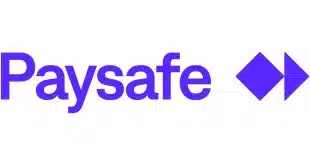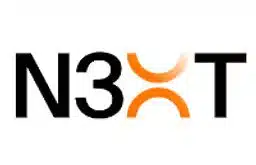PayPal Inc.'s experience with processing payments for music downloads is encouraging the San Jose, Calif.-based processor to begin investigating other micropayments markets, including downloadable games, electronic greeting cards, and news media. “The success of PayPal adoption for the music vertical has inspired us to look at other verticals,” says Peter Ashley, director of merchant services at PayPal. “It's been a great way of dipping our toes in the water of micropayments.” Ashley stresses that he and other executives have only just begun to explore these other markets and aren't ready to point to any particular negotiations or predict when the first non-music deal might be struck. “My interest is in getting as much information as possible and testing the PayPal solution in different [micropayments] markets,” he says. Last December, PayPal scored a coup by signing Apple Computer Corp.'s iTunes Music Store as a merchant, allowing the processor to handle transactions in the hot new market for song downloads and giving iTunes access to PayPal's 63.8 million users. In October, it had struck a similar deal with online music vendor Napster. These deals followed a decision the unit of online auctioneer eBay Inc. had made a year earlier to encourage music sales by slashing its transaction pricing just for song downloads, to a rate of 2.5% plus 9 cents per transaction. But the processor for some time after that move expressed doubts about the micropayments market beyond music (Digital Transactions News, May 19, 2004). Now, it appears it is ready to at least test other “verticals,” as the company calls them, because it sees an opportunity to help sellers and distributors sell to an unserved market, and thereby to build transaction volume. In the games market, Ashley says PayPal could fill a gaping void by allowing users to rent products for around $2. Typically, he says, online game distributors offer limited free trials and then offer to sell a game for as much as $20. “What we see is a pretty big gap between free trial and a $20 investment,” he says. The economics of card transactions, he says, currently discourage distributors from selling or renting content for prices that would fall into that gap, since interchange, gateway, and acquirer fees?which would amount to 25 cents to 35 cents per transaction–would eat up much of the profit the distributor shares with the game developer. “What we're hearing from developers is that that [rental] offer isn't being made because it's not economical,” Ashley says. Ashley refuses to reveal current or projected transaction volumes in music downloads, though he says the experience in the short time since the iTunes and Napster deals went into effect has met expectations. “We've been encouraged by our experience with iTunes and Napster,” he says. Now, he says, the opportunity could be ripe in other digital-content businesses. “They are a great testament to the need for micropayment solutions,” he says. “Customers want to be able to make purchases like this and merchants want to be able to sell at small price points.”
Check Also
Eye on Crypto: N3XT Partners With YouHodler; Barclays Eyes a Blockchain
N3XT Inc., a blockchain-powered bank, has partnered with YouHodler, a Web3 platform that supports crypto-backed …







